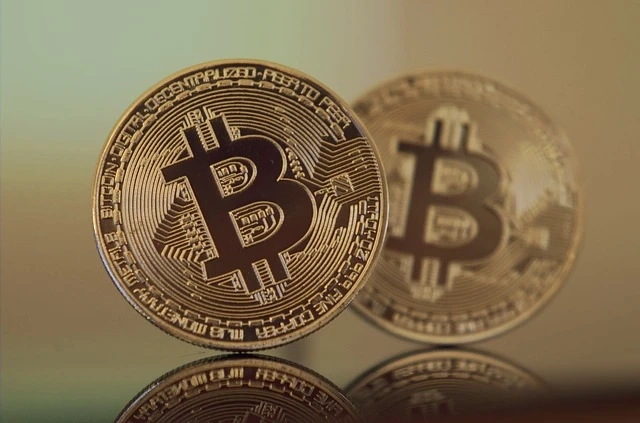Blockchain applications are all the rage these days. The literal translation of the concept refers to a chain of blocks that eliminates the usual intermediaries that exist in classical economic transactions. The process liberalizes the controls and it is the users themselves who supervise the exchange.
What is the process that arises with the blockchain revolution? An individual wants to send money to another, this transaction is represented as a block in the network. This block is then transmitted to all parts of the network and approved by all users on that same network. This block, which completes the process by delivering the requested amount of money to the individual, is eventually added to the chain of blocks that already exists in that network. This record of the transactions is permanent and visible.
Why is blockchain technology generating so much interest?
The possibility of blockchain technology being applied to other aspects that go beyond the economy has increased the interest aroused by this technological revolution. To all this we must add the highly transparent nature provided by these new methodologies that depart from the opacity represented by the usual methods implemented by banking entities.
This procedure was first perceived as risky. But the commitment to a transformation in the operating logic of transactions has forced banks to pay more attention to the development of this technology. For this reason, the usual transaction methods, characterized by strong centralization and the need for the bank to act as an intermediary, lose interest with the advent of technology that will revolutionize the way in which we know the economy.
Open and Decentralized System
The fact that it is an open and decentralized system where security is a necessity that must prevail above all else generates an increase in user confidence and a clear commitment to the use of this method.
First line companies are beginning to use these applications for different purposes; From the consolidation of a totally public, transparent and digitized account book to efficient data storage or shipment tracking, these are just some of the most innovative applications that the blockchain provides.
The development of blockchain technology is yet to be seen, the main applications that we can observe today are those that are mainly related to the so-called cryptocurrencies; the proliferation of Bitcoin or Ethereum as alternative payment methods to current money is already a reality. For the year 2017, it was estimated that virtual money moved more than 100 billion dollars, which indicates that economic and financial digitization is here to stay.
7 Applications of Blockchain Technology
There are many applications that the chain of blocks provides. Although its functionality is currently highlighted by the use made of it for economic transactions, it is true that different institutions or companies find in this applicability some novel ideas that can be practiced in other areas. Below are seven technological applications that are being used based on blockchain.
1. Cloud Storage
Cloud storage based on the blockchain, for example, allows the creation of nodes in different geographical locations that are capable of withstanding the fall of any server. This decentralization of information supports data integration that constitutes overcoming one of the most challenging challenges of technology: data longevity.
2. Digital Identities
To this we must add the danger caused by the theft of digital identities in recent times; Blockchain development provides a single secure and immutable system that is the optimal solution to the problem of identity theft.
3. Registration and Verification of Data
Another important point is the registration and verification of data. This process, often subject to hacking, could be decentralized to prevent other interests from meddling, thus establishing a new, more secure registration method for users.
4. Smart Contracts
With the emergence of cryptocurrencies, the rise of so-called smart contracts is also observed. These agreements can be fulfilled automatically since they are materialized through a computer program and their fulfilment is not subject to the interpretation of any of the parties. This reduces time and costs.
5. Supply Chains
Blockchain will also be important in logistics management. The interest it raises for supply chains focuses, above all, on the possibility of improving the supervision of food chains or the monitoring of production. That is why countries like the United Kingdom already use 22% of applications of this nature.
6. Automated Security
The same goes for automated security; the incorruptibility of the blockchain allows the information that is required to be obtained without paying attention to security flaws that can lead to data theft. In addition, the surveillance system can be used throughout the day without the possibility of the server going down.
7. Voting System
Finally, in an increasingly digitized world, some nations consider the blockchain as a new way of proposing democracy; obtaining from this application a new framework on which to regulate, for example, the voting system. Although some cybersecurity experts believe that the block chain cannot yet ensure the guarantee of electronic voting, North American states such as West Virginia have already put this methodology into practice.
0


